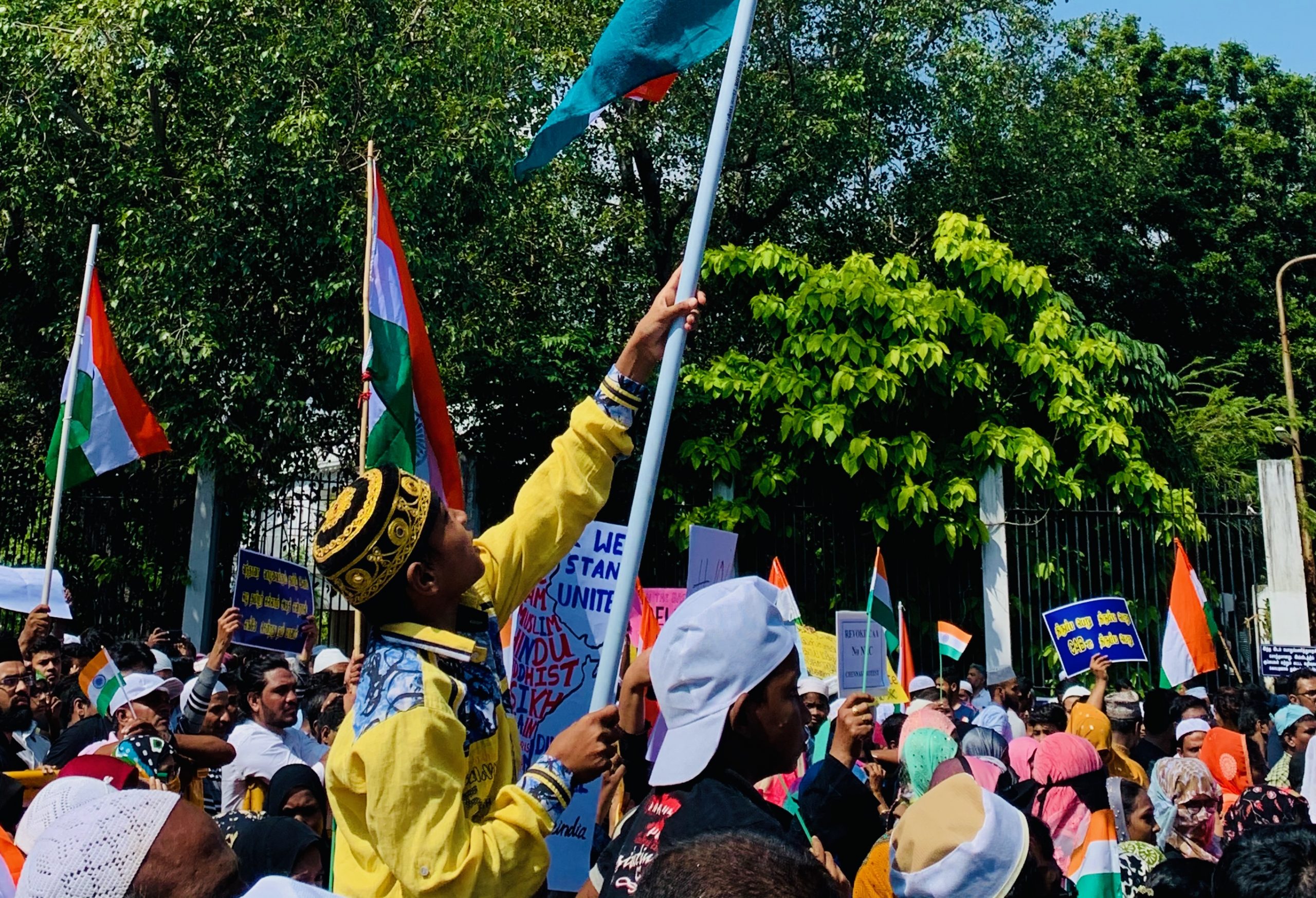Postdoctoral Teaching Fellow in the Social Sciences
University of Chicago
Music scenes reveal how political ideologies are formed and circulated. In this talk, I share insights from my ethnographic study of two music scenes located in the southern Indian city of Chennai—Carnatic and Gaana. In 2019-20, India witnessed nationwide protests in response to the government’s proposal of the anti-minorities Citizenship Amendment Act, exposing divergent imaginations of India’s political future. I will explain how for Carnatic and Gaana music scene participants, starkly distinct political ideologies are generated and amplified by different meaning-making practices around caste identities and the role of politics in music, and vice versa. I show how majoritarian Hindu right-wing political ideologies are acquiring a hegemonic register among the Brahmin or “upper” caste participants of the classicized Carnatic music, whereas a growing anti-caste sentiment is being voiced in the lyrical urban “folk” music of Gaana, associated predominantly with Dalit, or previously “untouchable” caste residents of the city.
Pranathi Diwakar is a Postdoctoral Teaching Fellow in the Social Sciences at the University of Chicago, where she earned her Ph.D. in Sociology. Her research brings an interdisciplinary ethnographic lens to the question of how musical practices in the southern Indian city of Chennai reproduce, circulate, and resist caste-based discrimination in contemporary, urban India. Her dissertation won the 2022 Saller Prize for the most outstanding dissertation in the Social Sciences at the University of Chicago, and her research has been published in journals like Social Forces and City & Community. Her interdisciplinary research is in conversation with scholarship in ethnomusicology, media studies, and anthropology, and she is invested in conveying research findings for public scholarship using multimodal approaches. She was awarded second place in the 2020 Rachel Tanur Memorial Visual Sociology Prize, and she has worked as a researcher on New York Public Radio’s Every Voice podcast on WQXR.
Part of the Nazir Ali Jairazbhoy Colloquium Series, this event is sponsored by The Mohindar Brar Sambhi Endowed Chair in Indian Music at The UCLA Herb Alpert School of Music, The UCLA Center for India and South Asia (CISA), and The UCLA Herb Alpert School of Music Department of Ethnomusicology.



